Flower tea is a treasure of tea that combines the beauty of tea flavor and the fragrance of flowers. It is most suitable for drinking in spring, so there is a saying among the people that "it is suitable to drink flowers in spring". Traditional Chinese medicine believes that flower tea is cool and fragrant, which is beneficial for dispelling the cold evil accumulated in the body during winter and promoting the production of yang qi in the body. It can make people refreshed and dispel the drowsiness of spring. Below are some flower teas that can help relieve spring drowsiness. You can choose according to your own situation and preferences:

Jasmine Tea
Jasmine tea is the first choice for spring tea. Jasmine tea has a clear and pleasant fragrance, which can not only refresh and eliminate drowsiness, but also regulate the stomach and have the effect of beauty and nourishing the skin.
Brewing method: Put a few jasmine flowers (about 5 grams) into a transparent glass, and brew with slightly cool boiling water (about 90°C) (filling about 80%). Immediately cover it to prevent the loss of fragrance, and drink after about 10 minutes. This tea contains polyphenols, which have a certain astringent effect, so it is not suitable for people with constipation.

Rose Tea
Rose tea has the effects of promoting blood circulation and regulating menstruation, soothing the liver and regulating qi. It can help digestion, reduce fat and slim down, improve the skin, and remove black spots. Especially the strong floral fragrance has a good effect in relieving fatigue and refreshing the mind, suitable for drinking in spring.
Brewing method: Put 6-10 roses in a tea cup, pour in warm boiling water, and let it steep for about 10 minutes. If paired with two red dates, it will add a bit of sweetness and enhance the nourishing effect of qi and blood. This tea is warm in nature and has the effect of promoting qi circulation and blood circulation, so it is not suitable for people with yin deficiency and excessive internal heat or women during menstruation to prevent aggravation of internal heat or increased menstrual flow.

Honey Chrysanthemum Tea
Honey chrysanthemum tea has the effects of dispelling wind and heat, clearing the liver and brightening the eyes. It can make people clear-headed and bright-eyed. It has a better therapeutic effect, especially for people with excessive liver fire and dry eyes caused by excessive use of eyes.
Brewing method: First, brew 5-6 Hang white chrysanthemum flowers with boiling water, and when the water temperature drops to about 40°C-50°C, add an appropriate amount of honey and mix well. This tea is cool in nature. It is not suitable for people with cold hands and feet, spleen deficiency, and easy diarrhea.

Ginseng Chrysanthemum Tea
Ginseng can regulate the nervous system, improve the body's resistance, and effectively eliminate fatigue. Chrysanthemum has a fragrant smell, can dispel fire, soothe the liver, and brighten the eyes. The combination of the two has a better effect in refreshing the mind.
Brewing method: Put 4-5 dried chrysanthemum buds and 1.5-3 grams of ginseng together and brew with boiling water for 10-15 minutes.

Peppermint Chrysanthemum Tea
Chrysanthemum has the effects of clearing heat and detoxifying, and relieving fatigue. Peppermint has the effects of soothing the liver, regulating qi, and refreshing the mind. Drinking them together can have a better effect in relieving drowsiness.
Brewing method: Put 6 grams of chrysanthemum and 9 grams of peppermint in a tea cup, and brew with boiling water for 5-10 minutes. The peppermint in this tea has a sweating effect, so it is not suitable for people with weak constitution and excessive sweating.

Lemon Lavender Tea
Lavender has the effects of nourishing, relieving stress, and eliminating fatigue. Lemon can diuretic, promote digestion and blood circulation, and relieve headaches. Drinking them together can not only promote fitness and strengthen the body, but also invigorate the spirit and relieve spring drowsiness.
Brewing method: Put 5-6 lavender dried flower buds and a few slices of lemon (or a little lemon juice) in a tea cup, add boiling water, and steep for 5-10 minutes. If using lemon juice, first brew the lavender flowers in tea, and add it after cooling. Do not use if allergic to lemon.




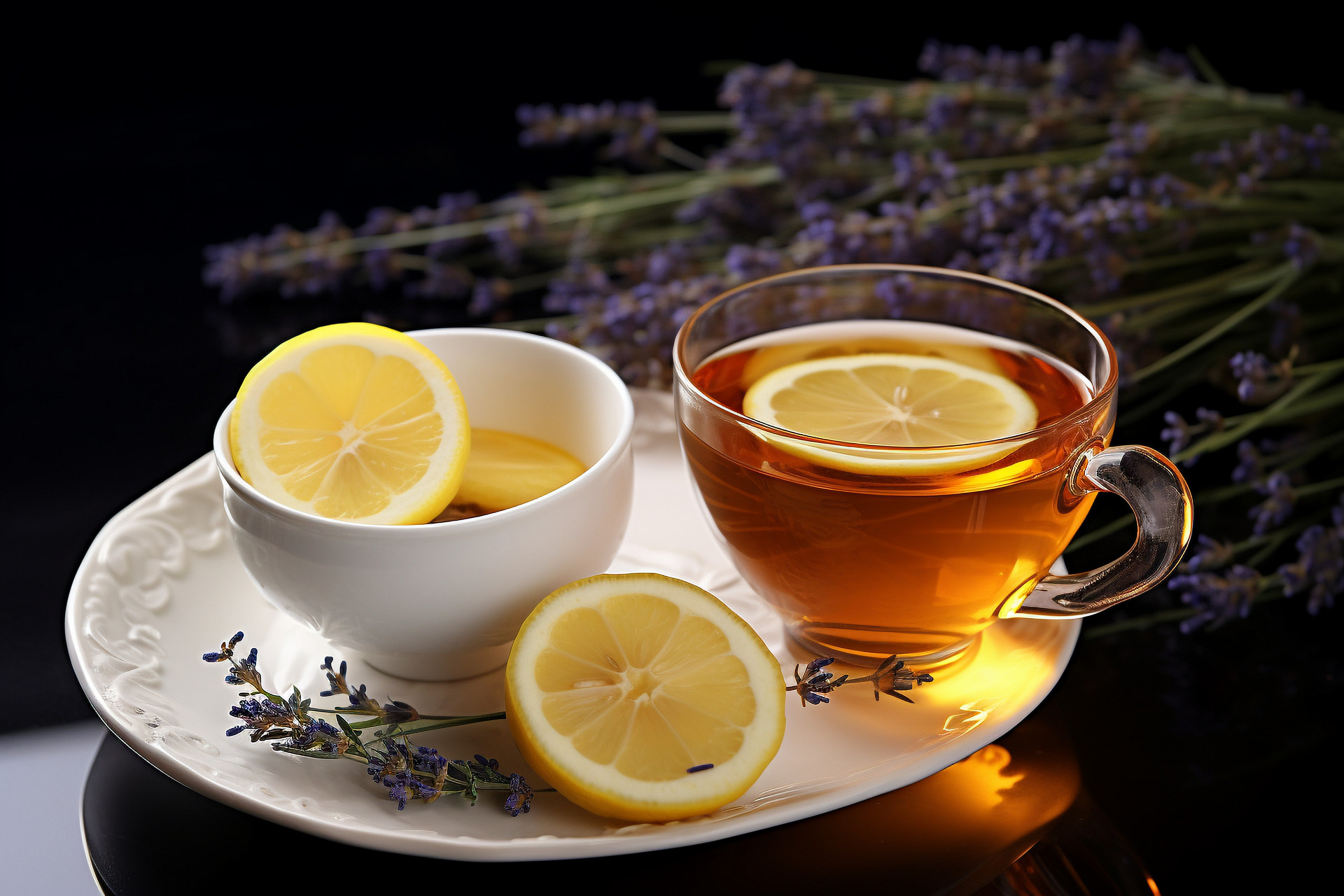
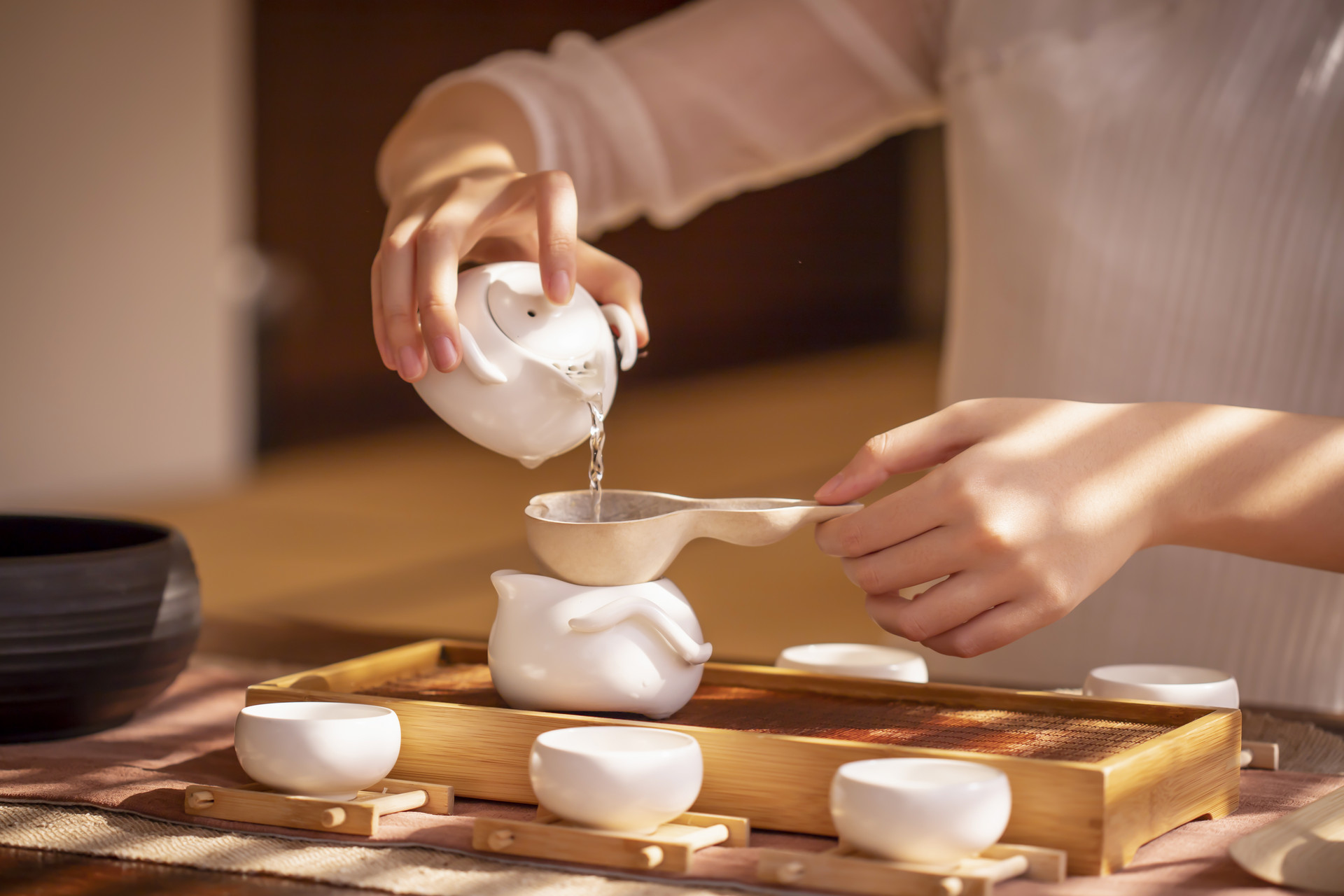
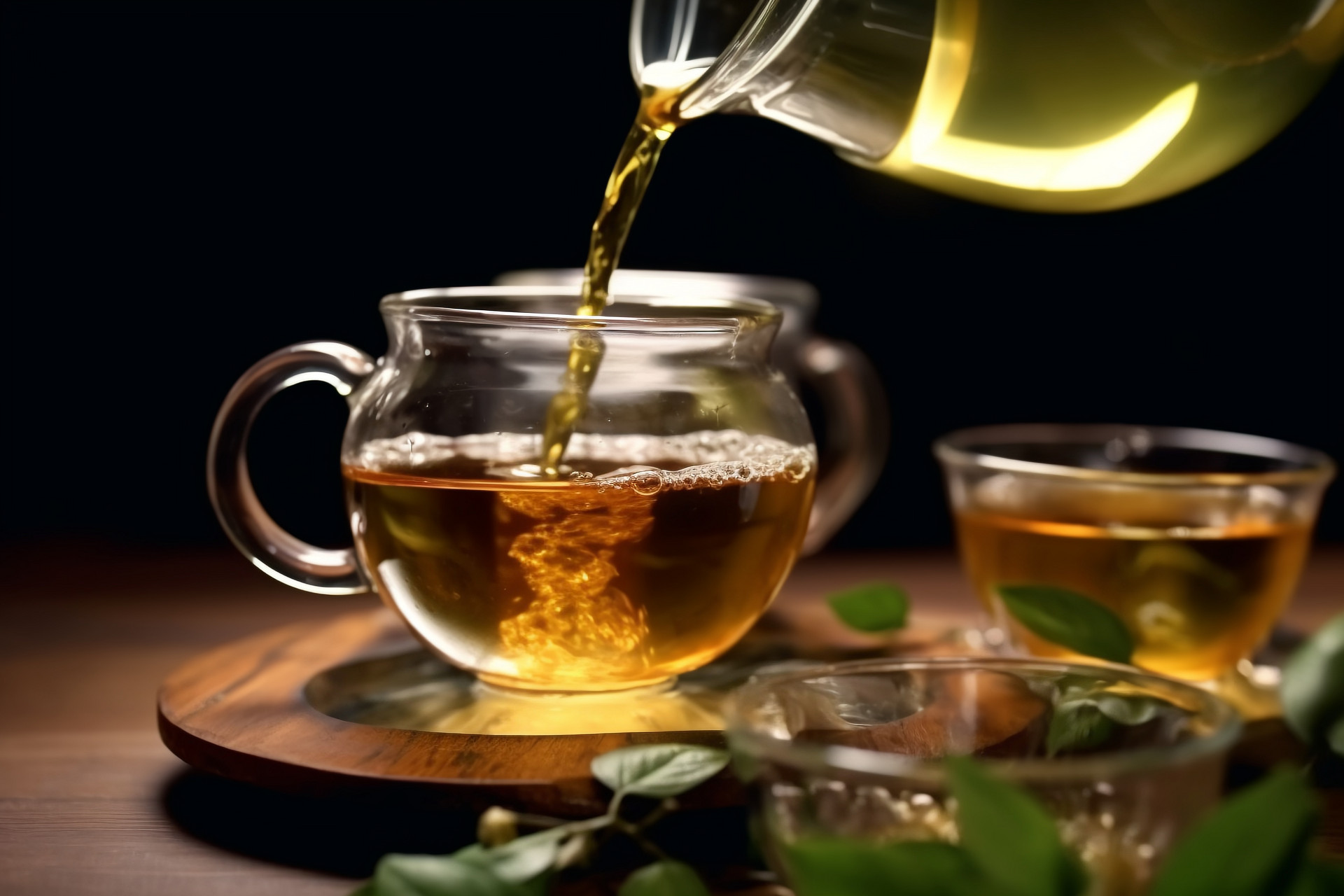

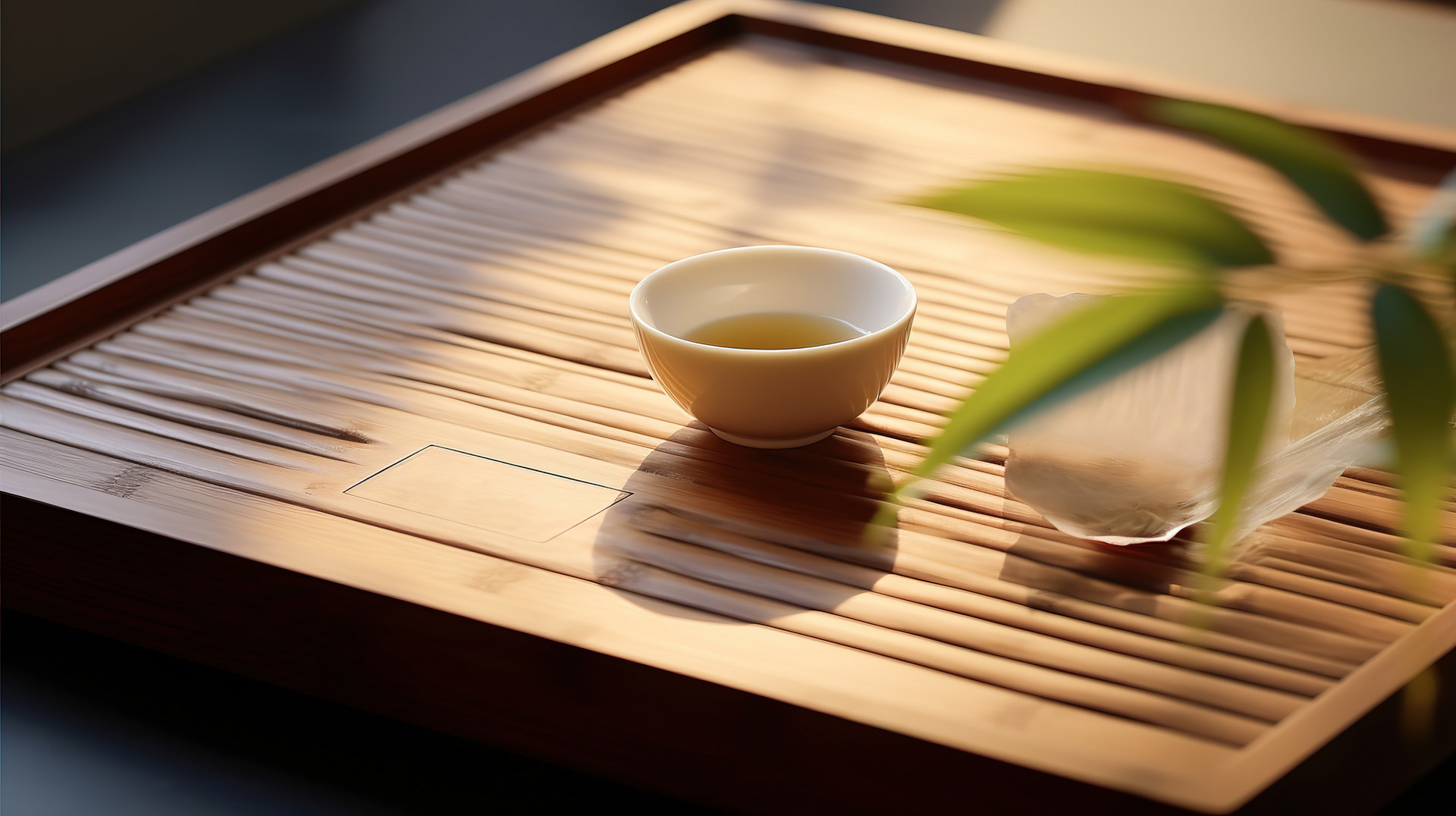
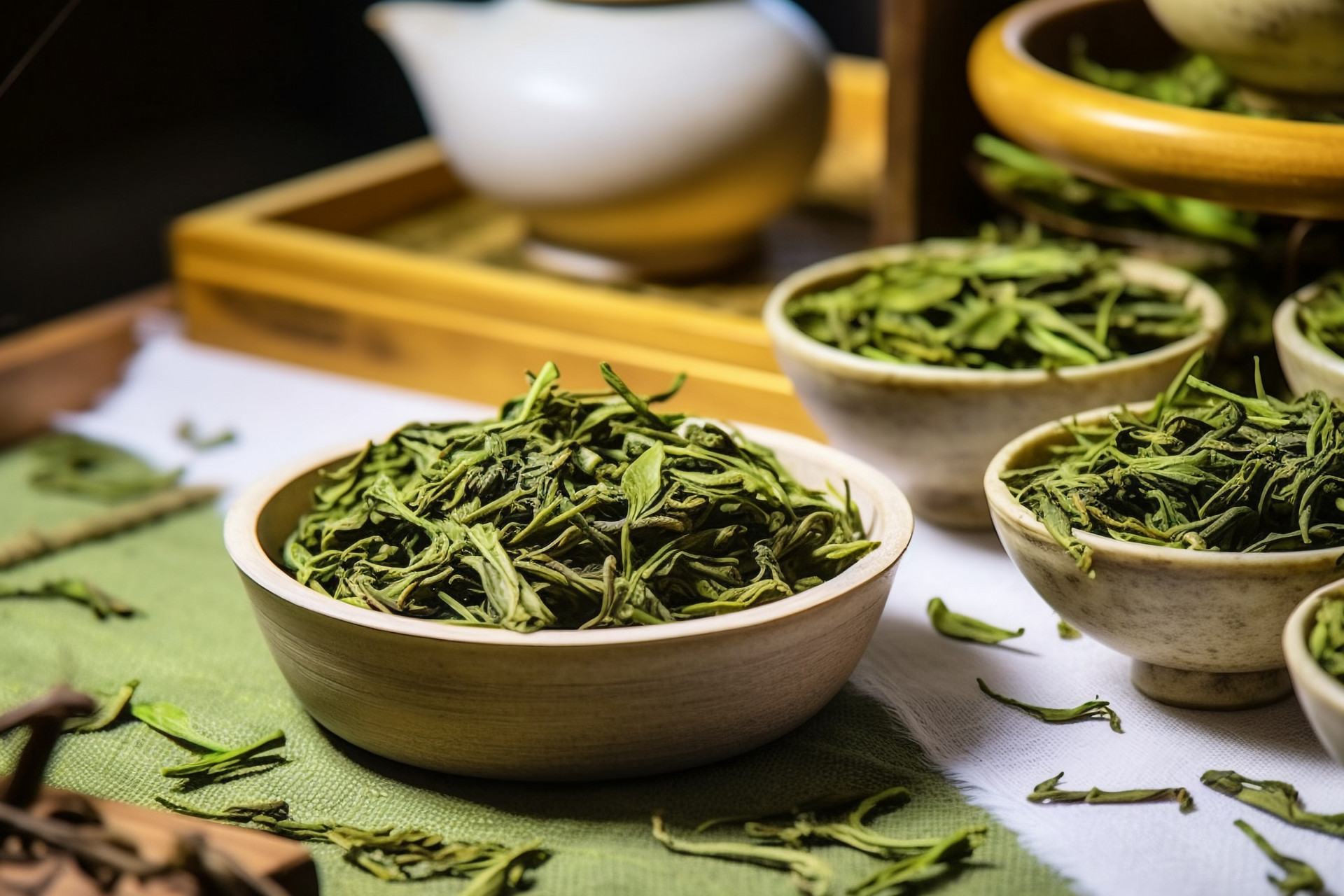
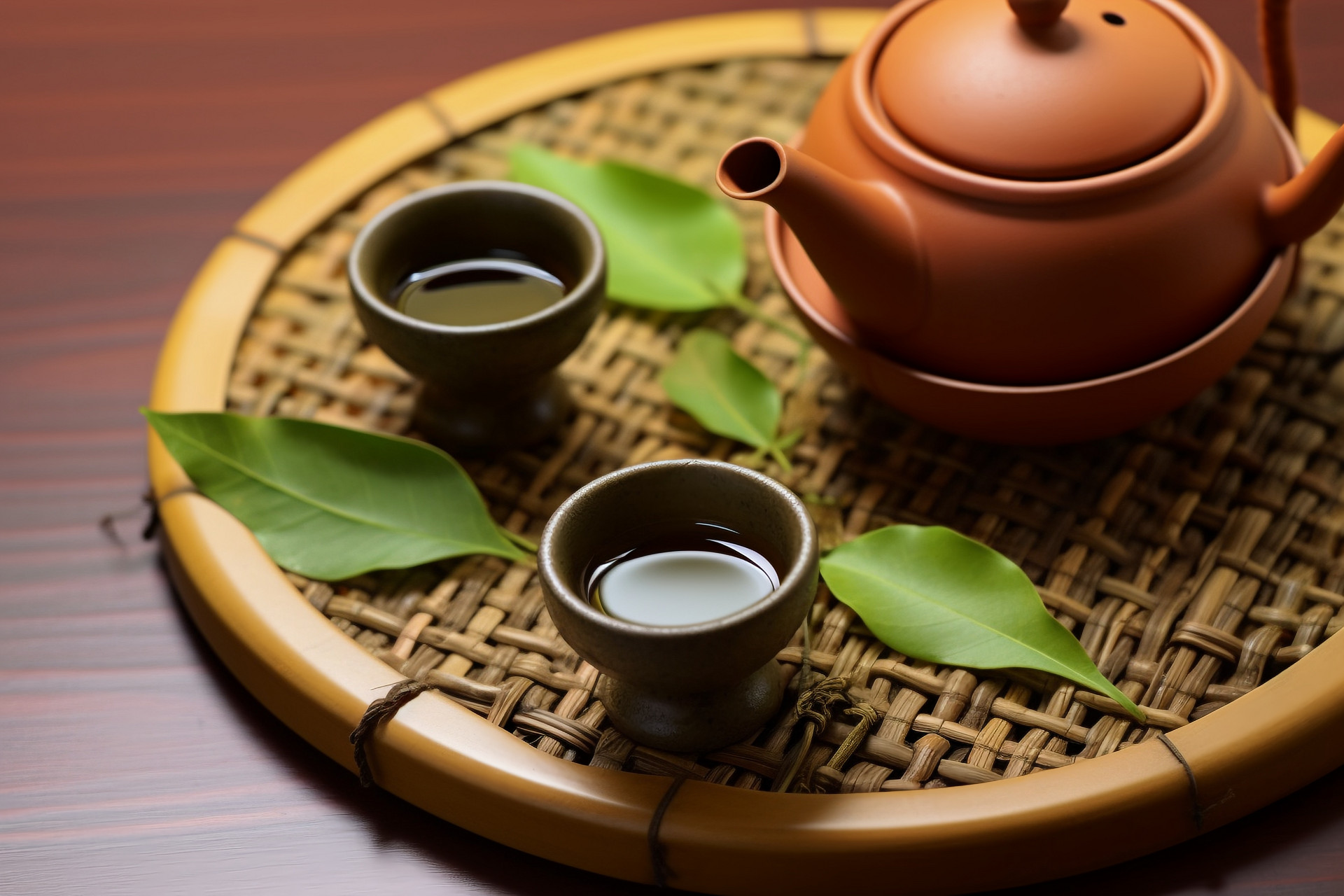
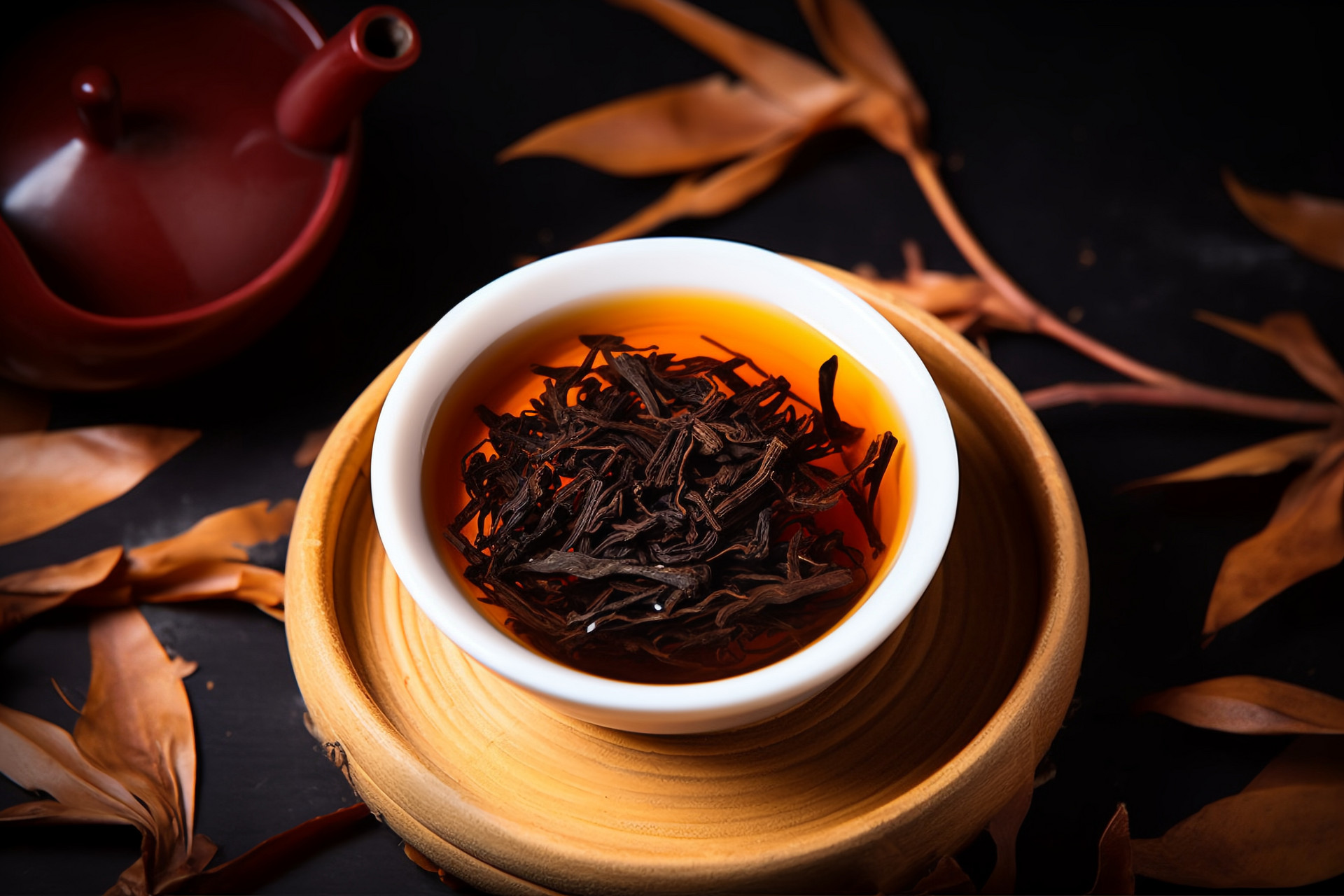
![[Herbal Wine Recipes for Health and Beauty]](https://tcmmaintenance.com/uploads/20240715/7241f6b6eafdaed88c28b26a37213964.jpg)